
In the rapidly evolving digital landscape, e-commerce has emerged as one of the most reliable and rewarding dimensions of income. With millions of people shopping online every day, e-commerce presents an incredible opportunity to build a sustainable and scalable business while adhering to ethical practices that align with Islamic principles.
At 6D Income, the third dimension—E-commerce—focuses on creating a halal, profitable online business that can cater to both local and global markets. Whether you are interested in selling physical products, digital goods, or services, e-commerce allows you to engage with customers across the world, lower operating costs, and create a flexible business model that operates around the clock.
With my 4+ years of experience in digital marketing, SEO, content writing, and e-commerce, this comprehensive guide will provide you with the tools and knowledge needed to start and grow an ethical online business.
Why E-commerce?
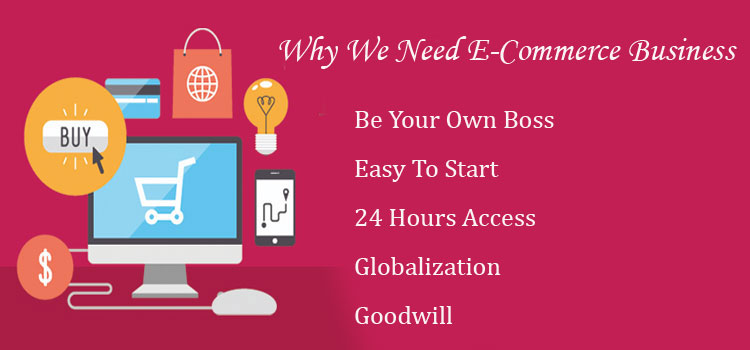
E-commerce is not just a trend—it is a transformation in how people conduct business. The global reach, convenience, and scalability of online sales make it a prime avenue for entrepreneurs to develop multiple streams of halal income. Here’s why you should consider e-commerce:
- Global Audience: Sell to customers worldwide, regardless of location, broadening your potential market.
- Lower Overhead Costs: Operating an online store allows you to reduce the expenses related to a physical storefront, such as rent and utilities.
- Flexibility: Choose what products or services to offer and manage your business on your terms, with the freedom to pivot as needed.
- Automation: Many aspects of e-commerce, such as inventory management, payment processing, and customer service, can be streamlined and automated, allowing you to focus on growth.
- Adherence to Islamic Principles: A carefully curated product line, aligned with halal principles, ensures that your business complies with your faith and offers ethical goods to your customers.
Step-by-Step Guide to Building a Halal E-commerce Business

1. Choosing the Right Business Model

Before you start, it’s essential to choose an e-commerce business model that aligns with your values and goals. Here are several models that follow halal principles:
- Private Labeling: Create your own brand of products by partnering with manufacturers. This allows for control over your product’s quality, branding, and price.
- Wholesale: Purchase goods in bulk from halal-certified suppliers and resell them at a markup. This model requires more upfront investment but offers greater control over pricing and inventory.
- Digital Products: Create and sell digital products like online courses, eBooks, graphic designs, or software. Since digital products require no physical storage or shipping, they are a great way to offer valuable services without logistical challenges.
- Handmade Goods: If you have a craft or skill, such as making clothes, jewelry, or art, you can sell your handmade products online through your own store or on platforms like Etsy.
Pro Tip: Focus on models that allow you to maintain control over your product line and ensure that all goods comply with Islamic values.
2. Selecting Your Niche

Identifying a niche is critical to standing out in the crowded e-commerce marketplace. A niche allows you to cater to a specific group of customers with unique needs. When selecting a niche, keep the following points in mind:
- Halal Products and Services: Make sure your product line adheres to halal principles. This could include halal food, modest fashion, educational materials, or ethically sourced products.
- Market Research: Use tools like Google Trends and Amazon Best Sellers to assess the demand for your chosen niche. Ensure there is a steady market for your product before investing.
- Competitor Analysis: Look at competitors in your niche to understand what works well, identify gaps in their offerings, and find ways to offer better value to customers.
Pro Tip: Choose a niche you are passionate about, as this will help keep you motivated and ensure your business thrives long-term.
3. Selecting the Right E-commerce Platform
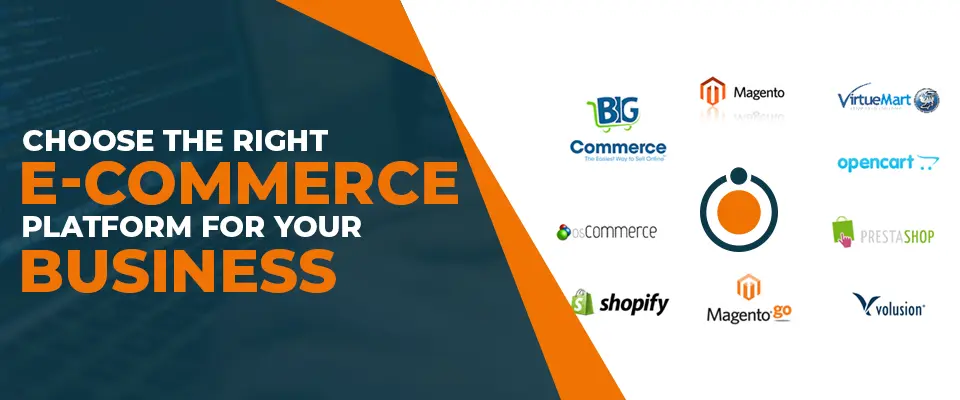
Your e-commerce platform is the foundation of your business. Selecting the right platform depends on your budget, technical skill, and the scale of your business. Here are a few top platforms to consider:
- Shopify: This user-friendly platform is great for beginners and offers excellent support, app integrations, and customizable themes.
- WooCommerce (WordPress): A powerful option if you already have a WordPress website. It provides complete control over customization and is highly flexible.
- BigCommerce: Suitable for larger businesses, offering extensive features and tools for scaling quickly.
- Etsy: Ideal for selling handmade or unique products, with a global community of buyers looking for artisanal goods.
Pro Tip: Shopify and WooCommerce are excellent choices for beginners due to their ease of use and flexibility.
4. Building Your Store
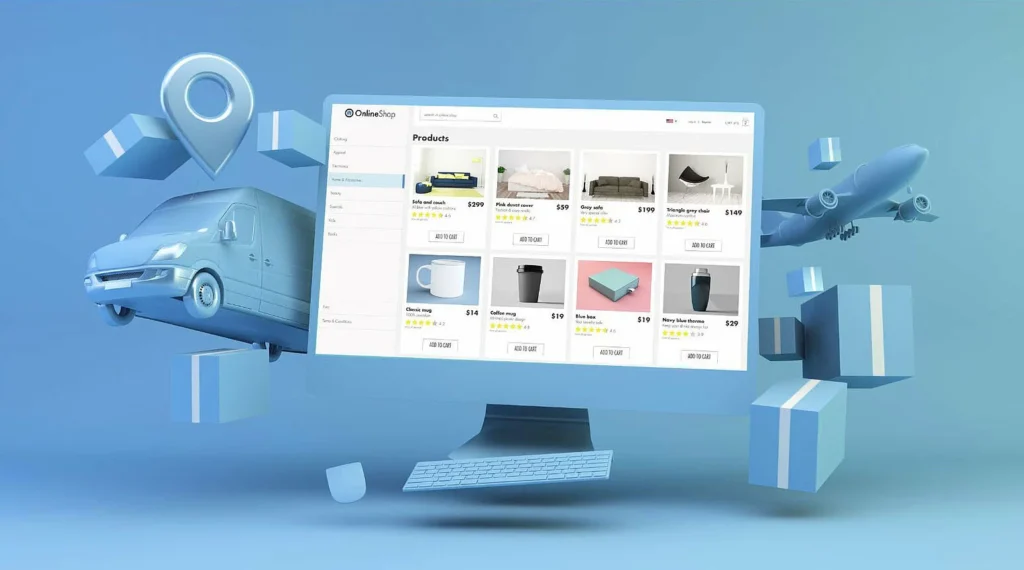
Your store is the first point of contact with potential customers, so it’s essential to make a great first impression. Here’s how to set up an appealing and professional online store:
- Branding: Create a memorable brand that resonates with your audience. This includes your store’s name, logo, and design aesthetics.
- Professional Photography: High-quality images are essential for showcasing your products. Use multiple angles and lifestyle shots to demonstrate your product in use.
- SEO-Optimized Product Descriptions: Write engaging, clear, and keyword-rich descriptions that highlight your product’s benefits and features. Focus on what makes your product stand out.
- User Experience: Ensure your website is easy to navigate, mobile-friendly, and offers a seamless shopping experience from browsing to checkout.
- Halal Certification: If applicable, make sure to display halal certification prominently to assure customers that your products meet Islamic standards.
Pro Tip: Simple, clean designs tend to convert better. Avoid clutter and make sure your store’s layout is easy to navigate.
5. Marketing Your E-commerce Store

Once your store is live, you’ll need to implement effective marketing strategies to attract and retain customers. Here are some proven methods to help you grow your e-commerce business:
- SEO (Search Engine Optimization): Optimize your website for search engines to increase organic traffic. Focus on keywords related to your niche and halal products.
- Content Marketing: Create educational blog posts, guides, and videos that provide value to your target audience. This positions you as an expert and attracts potential customers.
- Social Media Marketing: Leverage platforms like Instagram, Facebook, and Pinterest to promote your products and connect with your audience. Showcase customer testimonials and success stories to build trust.
- Email Marketing: Build an email list by offering discounts, free resources, or newsletters. Regularly engage with your list by sending updates on new products, special offers, and exclusive content.
- Paid Advertising: Consider running PPC campaigns on Google Ads and Facebook Ads to reach your target audience faster.
Pro Tip: Invest time in content marketing and SEO from the start. These strategies will pay off in the long term by driving organic traffic and building brand authority.
Scaling Your E-commerce Business
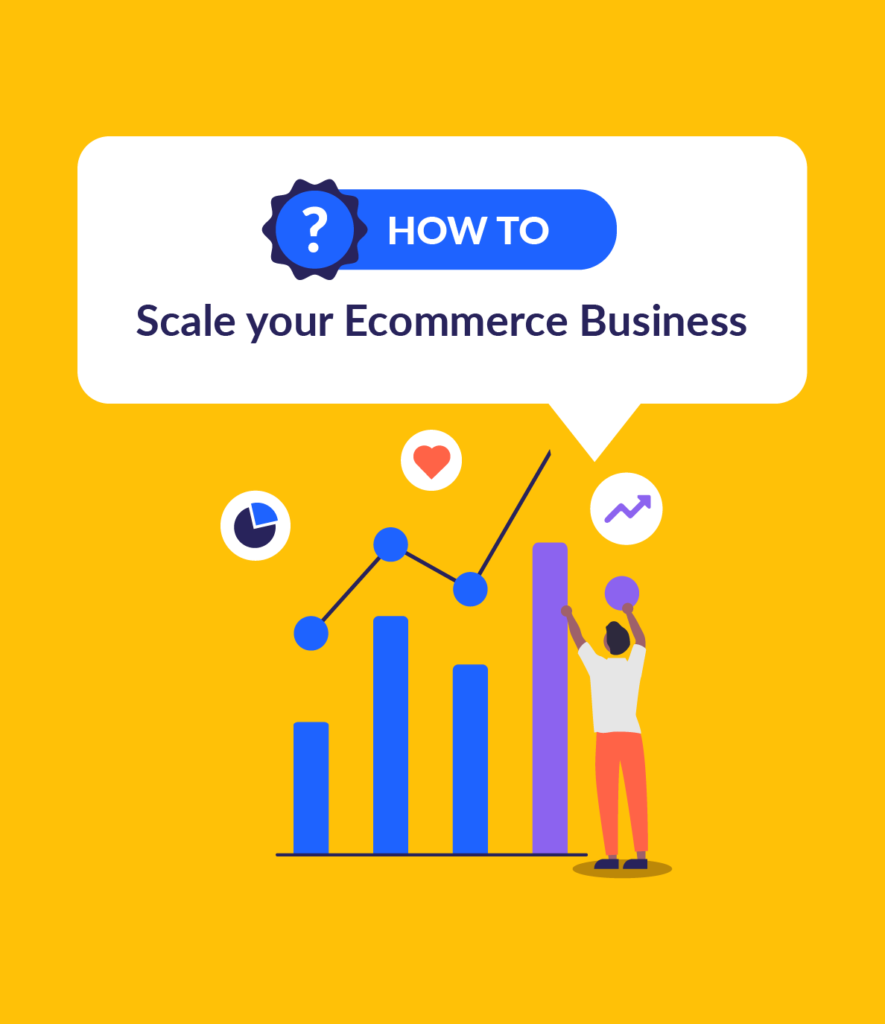
As your e-commerce business grows, it’s important to have strategies in place to scale effectively while maintaining ethical and halal practices.
1. Focus on Customer Retention

- Loyalty Programs: Offer rewards for repeat purchases to encourage long-term customer relationships.
- Personalization: Use customer data to send personalized recommendations and promotions.
- Customer Service: Deliver exceptional customer service by being responsive, transparent, and helpful. This helps to foster trust and loyalty.
2. Expanding to Multiple Channels
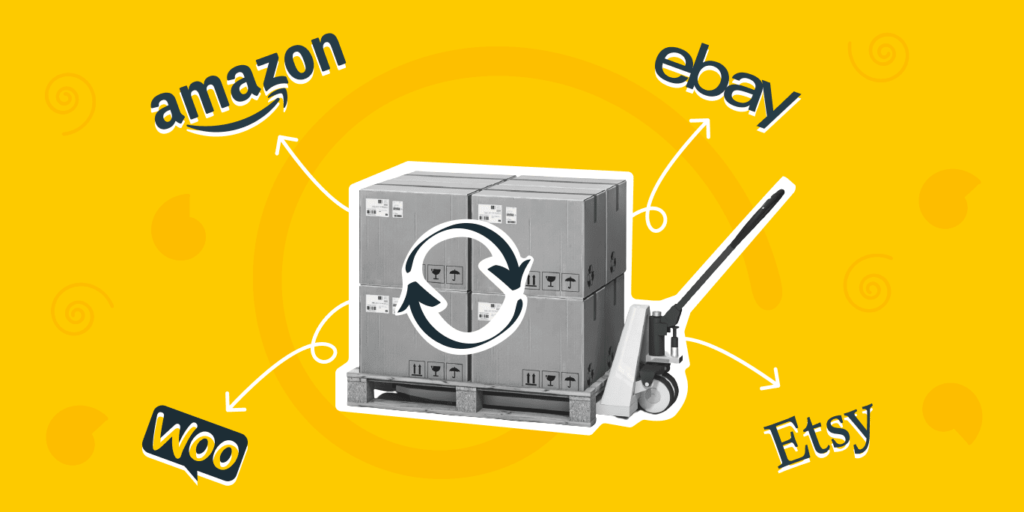
- Amazon FBA (Fulfillment by Amazon): If your product line is suitable, consider leveraging Amazon’s massive customer base while maintaining control over your brand.
- Multi-Channel Selling: Explore selling your products on platforms like Etsy, eBay, or social media stores. The broader your reach, the more potential sales you can generate.
Pro Tip: Focus on building long-term relationships with customers through personalized experiences and exceptional service.
E-commerce is a transformative dimension of income that offers unparalleled growth potential. By building an ethical, halal business that serves your customers and respects Islamic values, you can create a sustainable income stream with limitless opportunities.
Kamran Tariq
At 6D Income, we are dedicated to helping you succeed in your e-commerce journey by providing the resources, tools, and support you need. Remember, with careful planning, continuous learning, and dedication, the world of e-commerce can become your gateway to financial independence.
Ready to dive deeper into the journey of financial freedom? Explore our latest articles and start building your path to success today!


Leave a Reply